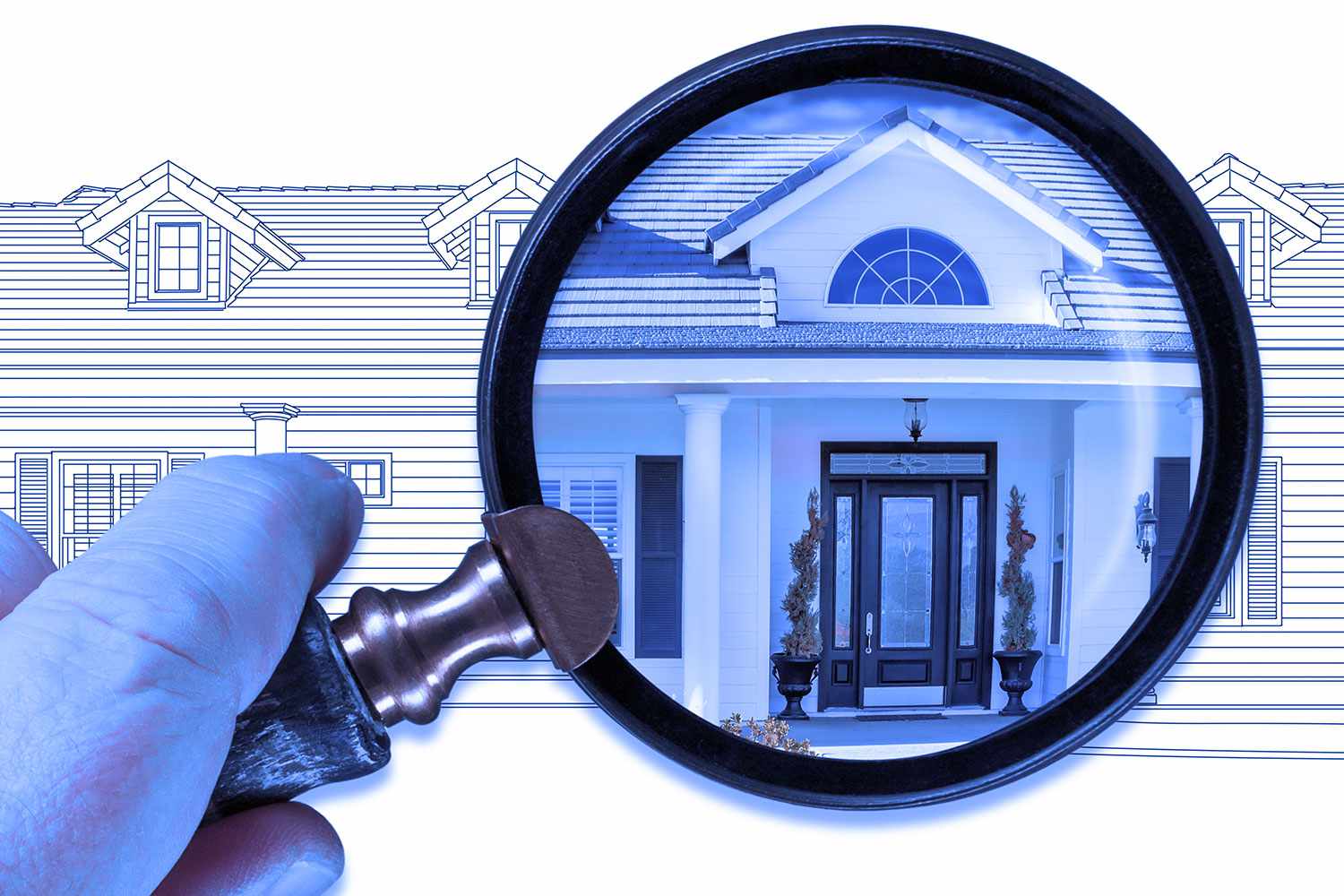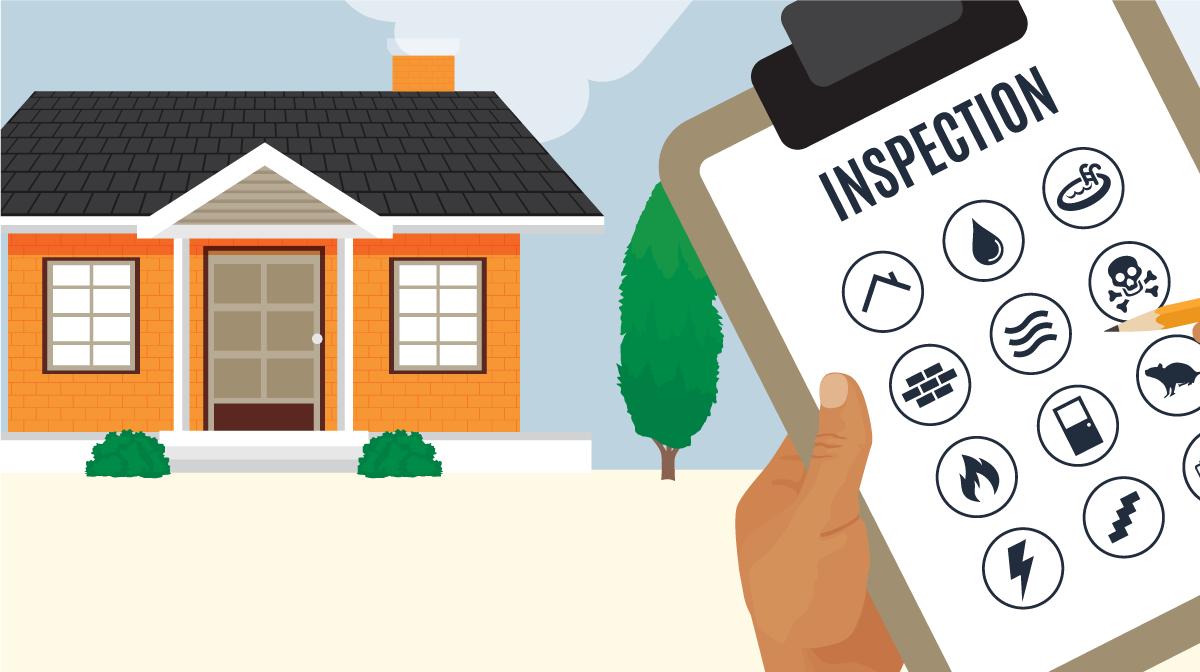
When it comes to buying or insuring a property in South Florida, inspections are a big part of the game. The mix of humid climate, heavy rains, and termite-friendly conditions make regular inspections a smart (and often essential) step for property owners. From securing insurance to avoiding costly surprises, let’s explore why insurance and real estate inspections are so valuable in South Florida.
What’s the Deal with Insurance Inspections?
South Florida’s unique weather and landscape make it prone to hurricanes, floods, and humidity. This means that insurance companies often require inspections before covering a property, especially for policies involving hurricane or flood protection. These inspections assess the property’s current condition, helping insurers determine coverage options, potential risks, and even lower premiums in some cases.
Types of Insurance Inspections in South Florida
- Wind Mitigation Inspection: This one checks the property’s resistance to high winds and hurricanes. If your property is well-prepared, you might qualify for discounted premiums.
- Four-Point Inspection: Common in South Florida, a four-point inspection focuses on the roof, electrical, plumbing, and HVAC systems, ensuring the main systems are in solid working order.
- Roof Certification: Many insurers need this to confirm the roof’s age and condition, especially with the frequent storms in the region. A well-maintained roof often results in better insurance rates.
Real Estate Inspections: What’s Involved?

When buying a property, a real estate inspection gives potential homeowners a solid overview of what they’re getting into. The South Florida market has a mix of older homes and newer builds, so inspections can reveal anything from outdated plumbing to structural issues or water damage. Knowing these details before you buy lets you negotiate repairs or adjust your offer accordingly.
Common Real Estate Inspection Services
- Mold Inspections & Assessments: Given the humidity, mold is a common concern here. A mold inspection will detect any hidden growths, preventing health issues and long-term damage.
- Termite & WDO (Wood Destroying Organisms) Inspections: South Florida’s warm, moist climate is heaven for termites, which can wreak havoc on wooden structures. These inspections check for termites and other pests, providing peace of mind for home buyers.
- Sewer Camera Inspections: Older properties may have aging plumbing that’s hard to inspect manually. A sewer camera inspection gives a clear view of the underground pipes, spotting clogs, breaks, or leaks that could lead to expensive repairs down the line.
Docusketch Reports: A Modern Approach to Inspections
Technology is changing how we inspect and document properties, and Docusketch is one of the coolest tools in the game. This software creates 360-degree images of a property’s interior, offering a visual, digital walk-through. In South Florida’s competitive market, Docusketch reports can be particularly valuable for real estate agents, allowing buyers to understand the property layout, condition, and room details without being physically present.
What’s the Role of an Inspection in Real Estate Transactions?
In real estate, an inspection is often the make-or-break moment for a deal. It uncovers potential issues that the seller may not have disclosed (or even known about), giving buyers the leverage to ask for repairs or a price adjustment. In South Florida, where weather and environmental factors make properties more vulnerable, an inspection is even more critical.
Beyond just checking for visible issues, an inspection can reveal structural concerns that may not be immediately obvious but could lead to bigger problems in the future. For instance, a property in South Florida might look perfect on the outside, but an inspection could show that it has termites, outdated electrical systems, or insufficient hurricane protection.
Key Benefits of Real Estate Inspections for Buyers and Sellers
- For Buyers: Inspections provide a complete understanding of the property’s condition, from the foundation to the roof. This ensures buyers can make informed decisions and plan for any additional costs that might come up.
- For Sellers: Getting a pre-listing inspection can help avoid surprises during negotiations. It also shows potential buyers that you’re transparent, which can make your property more attractive in a competitive market.
Why Choose a Local Inspector?
South Florida has specific environmental challenges, and local inspectors understand these conditions better than anyone else. They’re familiar with issues like humidity-related mold growth, termite hotspots, and the impact of hurricane seasons on property structures. Working with a South Florida-based inspection company means they’ll know what to look for and how to prepare you for unique regional challenges.
How Often Should You Schedule Inspections?
Routine inspections aren’t just for buying or selling a property. For properties exposed to South Florida’s high humidity, annual or biannual inspections can catch issues before they become expensive problems. Regular mold checks, termite inspections, and even sewer inspections can save property owners money in the long run by addressing potential problems early.
Wrapping Up: Protect Your Investment
In South Florida, real estate and insurance inspections aren’t just red tape—they’re key to protecting your investment and ensuring a safe, functional property. Whether you’re buying a new home, selling your current one, or simply looking to secure the best insurance rate, a professional inspection helps you understand what’s really going on beneath the surface.
Thinking about an inspection? Reach out to a local inspector who knows the South Florida market and can guide you through the process, from assessing risks to ensuring your property is up to code. After all, knowing your property inside and out isn’t just smart—it’s essential in South Florida.
